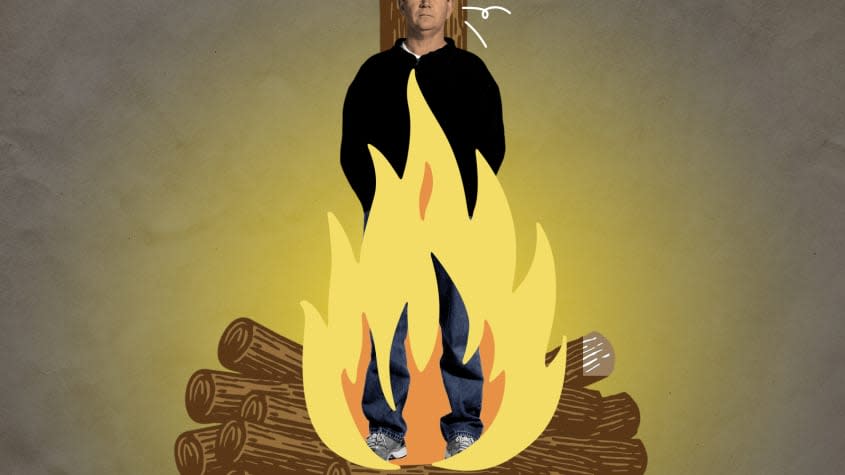Is 'cancel culture' really so bad?

Are critics of progressive "woke" trends in American cultural institutions sometimes guilty of exaggerating the threat they pose to freedom in the United States? Absolutely. And so Michelle Goldberg has a point in her latest column in The New York Times. A writer getting fired for a politically incorrect tweet or a public lecture being canceled because the speaker once expressed views that trigger a faction of college students isn't a re-enactment of China's Cultural Revolution or the advent of "soft totalitarianism" in the 21st-century United States.
But neither are such reactions reducible, as Goldberg claims, to mid-career writers feeling grumpy about "new social mores that demand outsized sensitivity to causing harm" and the "shame of turning into the sort of old person repelled by the sensibilities of the young."
The column's headline paraphrases this argument as an attempt to trace the "cancel-culture panic" to "middle-aged sadness." As a middle-aged man prone to bouts of sadness who's also quite critical of the wokefication of American culture, I seem to confirm Goldberg's claim. But I don't think that's sufficient to explain the phenomenon.
For one thing, the young people leading the woke charge are not the official spokespeople for their generation. That's undoubtedly how they'd like to see themselves. But it's more accurate to describe them as a faction of elite-college-educated left-wing activists vying for cultural power primarily through displays of performative righteousness on social media. By accepting the validity of their self-justifications — We Are the Future! — Goldberg ends up giving their power grab a boost.
That's unfortunate, among other reasons because there's another aspect of the cancel-culture trend that Goldberg doesn't mention, which is that it's a two-way street. A few hundred 20-somethings ranting on Twitter would be an irrelevancy were it not for the fact that the people in positions of power in corporations, universities, media companies, and nonprofits (usually middle-aged liberals) tend to capitulate so quickly and abjectly at the first sign of online trouble.
Describing this as the second coming of the Khmer Rouge may be ridiculous. But it's not at all inapt to note parallels between a feckless response to fevered accusations and the puritanical psychosocial dynamics of the Salem Witch Trials (without the penalty of death, obviously). Those fabeled trials were, of course, fueled by the young's frenzied denucation of the accused — as well as by validation of the accusations on the part of middle-aged members of the community who should have known better.
I would welcome a Goldberg column on this subject that didn't merely concede these points on the way to striking a blow against the critics of cancel culture. We desperately need more liberals to take a forthright stand, defending liberalism without hesitation or apology against its youthful despisers.
You may also like
Did Theranos Lose Afghanistan?
7 painfully funny cartoons about America's endless vaccine fights

 Yahoo Finance
Yahoo Finance 